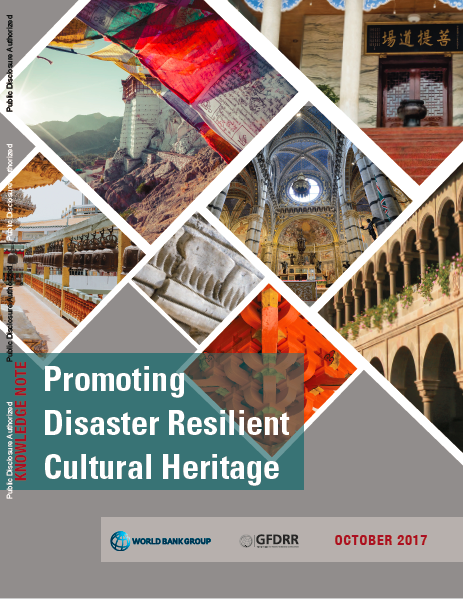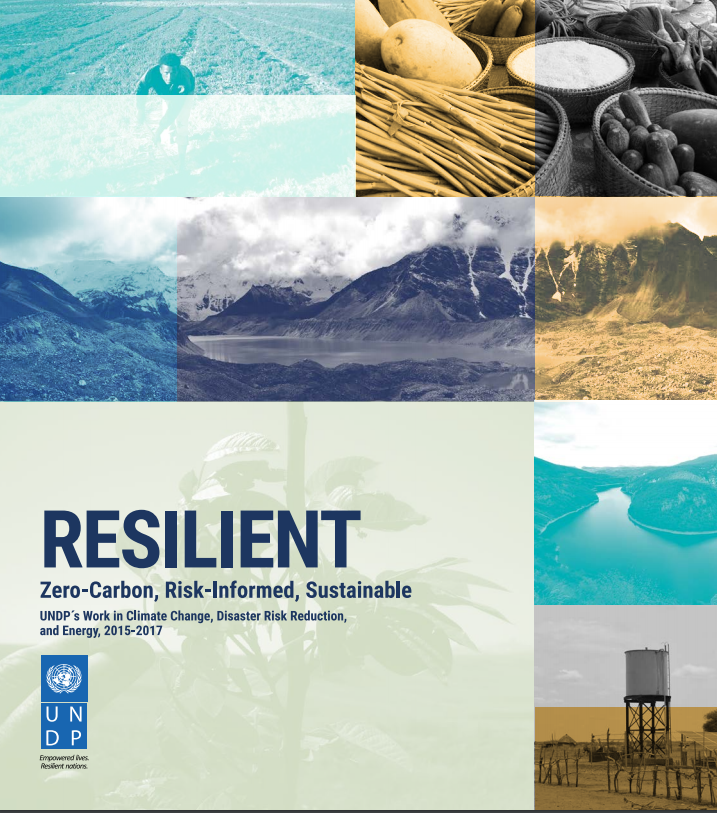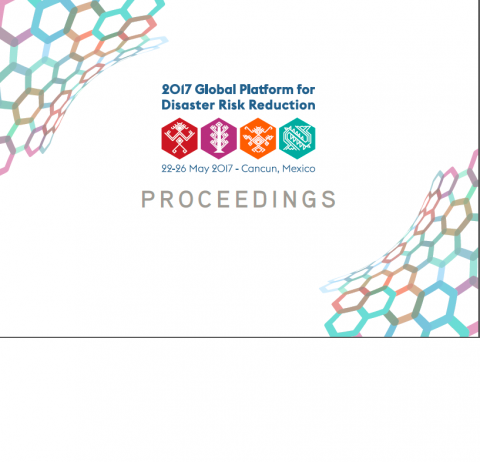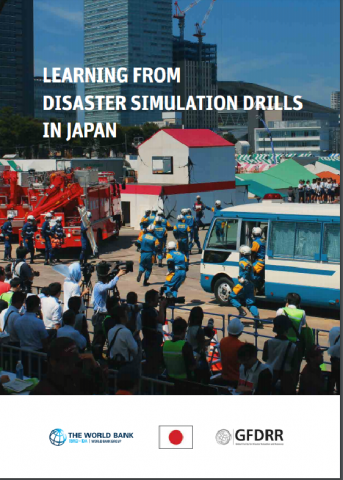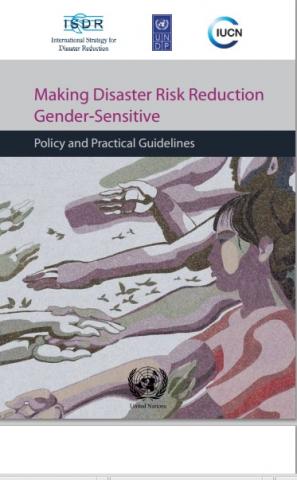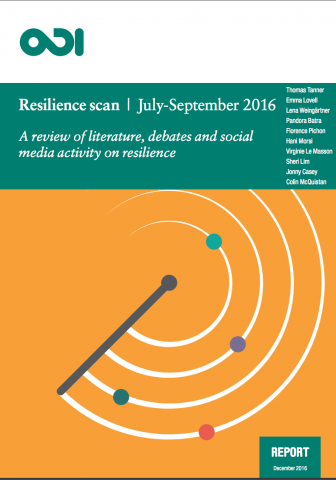World Disasters Report 2018
The 2018 World Disasters Report, titled “Leaving millions NO-ONE behind: The international humanitarian sector must do more to respond to the needs of the world’s most vulnerable people” explores how different people are left behind in humanitarian response, and why. It highlights the humanitarian impacts of crises, in particular natural hazards, including those linked to climate change, but […]
World Disasters Report 2018 Read More »

